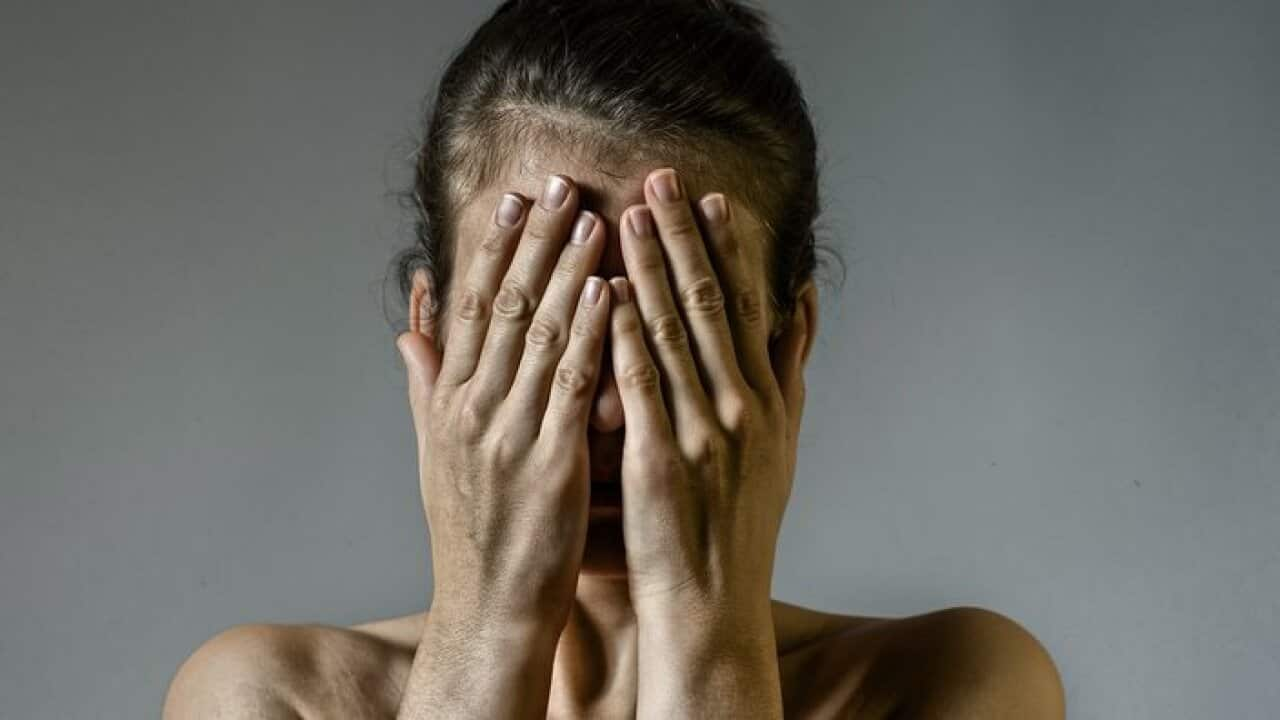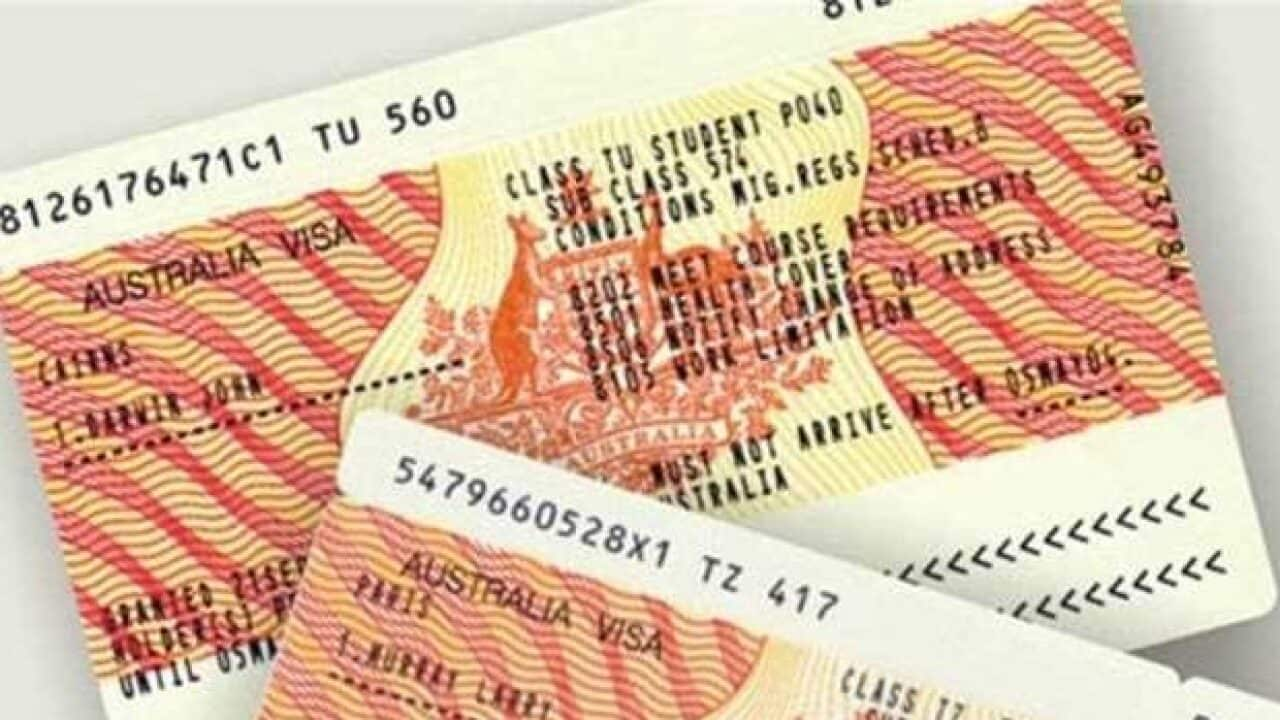Indian victims of family violence have received more visas than any other nationality that allow them to stay in Australia even when their sponsors withdraw support for the visa applications.
“Family violence provisions exist to allow eligible Partner visa applicants to leave a violent relationship without the risk of losing their right of residence in Australia,” a Department of Home Affairs spokesperson told SBS Punjabi.
280 Indian nationals have received visas under the special family violence provisions of the migration law since 2012-13, according to Department of Home Affairs figures released to SBS Punjabi.
EXCLUSIVE: SBS Punjabi investigates dowry abuse and misuse of anti-dowry law

The Dowry Trap: The untold story of male victims

Top five nationalities of the primary visa applicants who were granted a visa on the basis of family violence. (Source- Department of Home Affairs) Source: SBS Punjabi

The top five nationalities of the primary visa applicants who claimed family violence. (Source- Department of Home Affairs) Source: SBS Punjabi
Brisbane-based social worker Jatinder Kaur has been working with the victims of domestic violence in the Indian community for over two decades. She says while she has come across a few male victims, most of the family violence victims are women.
"Often, violence isn't physical - it can be emotional, financial and controlling behaviour, and even men become victims," Ms Kaur told SBS Punjabi.
"But largely, it is women who are subjected to family violence. I would say 90 to 95 per cent of [domestic violence] victims are female and 5-10 per cent are male," she said.
Also read

The Price of Marriage and Divorce
'System difficult to navigate'
In cases where a partner’s visa is dependent on the sponsor and the latter withdraws their support, the victims of violence are required under family violence provisions to show evidence that their relationship broke down due to family violence perpetrated by the sponsor.
According to the Department of Home Affairs, it has received a total of 3,547 such visa applications since 2012-13, and 2,733 visas have been issued.
But the advocates for violence victims say it’s not always easy for the victims to navigate the immigration system.
“It’s a tough system,” says Dr Madhumita Iyengar of Initiative for Women in Need. She says the Home Affairs Department numbers would have been much higher if “cultural barriers” didn’t prevent Indian victims from reporting violence incidents.
She says the Home Affairs Department numbers would have been much higher if “cultural barriers” didn’t prevent Indian victims from reporting violence incidents.

Source: Getty Images
“There’s also this mentality that people want to come to Australia at any cost. They believe it [family violence] is a temporary phase and they are willing to endure it,” she says.
Despite the perceived under-reporting, SBS Punjabi reported last year that women of Indian background were the largest migrant group calling the national family violence helpline.
"Our information shows that callers from Indian background are our second highest number of callers to the service, after women born in Australia," said Gabrielle Denning-Cotter, General Manager of .
Dr Iyengar says she has recommended to the Government a mandatory induction course on social networking for migrants when they arrive in Australia.
“Often the victims aren’t able to come forward and seek help because the perpetrator is more powerful and keeps the victim isolated. But if the victim has a social network, then they are able to speak about the violence to someone they trust,” Dr Iyengar told SBS Punjabi.
But not everyone who reports family violence is able to access the Family Violence provisions under the Migration Law, as many temporary visas aren’t offered any protection under the provisions.
Only the holders of these visas can access the Family Violence provisions
- Temporary Partner Visa (subclass 309, 820, 300)
- Bridging Visa (granted at the time of their Partner visa application lodgement)
- Other Temporary Visa (student visa, guardian visa, tourist visa) ONLY if they already lodged a valid application for partner visa
- Distinguished Talent Visa
- Applications for skilled stream (Business) visas lodged before 1 July 2012.
If you or someone you know needs help, call 1800RESPECT on 1800 737 732 or . You can also call on 1300 789 978 and on 1300 659 467. In an emergency, call 000.




